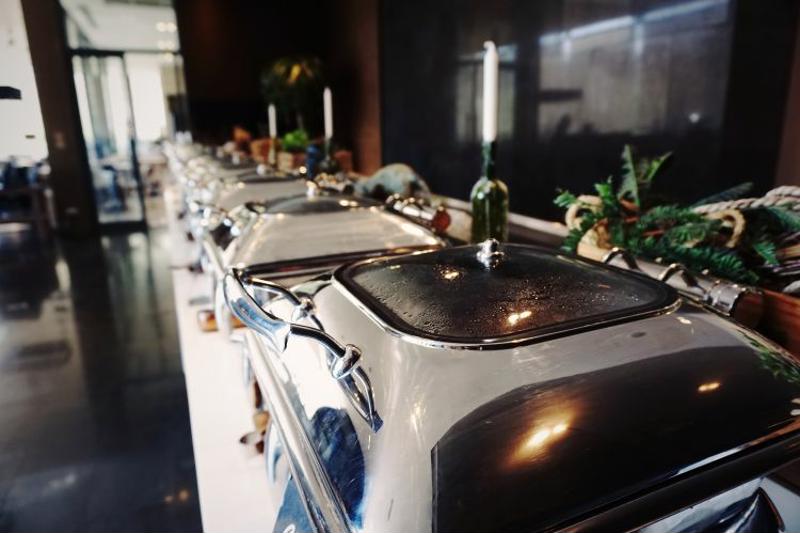If you’re an Austin culinary arts student, you have a lot of options ahead of you. Cooking professionals can pursue a wide range of careers, from running an institutional kitchen to working aboard a cruise ship. You could even start your own catering service, using your skills to provide large gatherings with a selection of fantastic items.
Of course, you must choose each of those dishes carefully if you want to make a catered event a hit. Chefs can leave everyone at a corporate event satisfied with a varied menu full of tasty entrees and appetizers, achieving positive word-of-mouth and repeat business. Think strategically when deciding what foods to offer at luncheon meetings and conference banquets:
Customize for the occasion
“Make the most of seasonal produce or seafood.”
Each event has its own demands, so it’s important for caterers to understand the requirements for every meal they serve. An appropriate concept or theme can guide menu creation, with a common thread to make all the choices fit together. No matter the event, the catering company should present a minimum of two entrees (serving any condiments on the side), at least three salad dressings and two possibilities for dessert.
Depending on when and where the event is taking place, chefs may have different seasonal ingredients available. By making the most of the produce or seafood that’s currently abundant, you’ll end up with a fresher, more distinctive final product.
Consider the needs of guests
The more you know about the guestlist at a particular event, the more appropriately you can tailor the assortment of foods. As The Balance pointed out, some key considerations include the guests’ ages, their professional level and how much time they spend at similar events. For instance, younger attendees might be quicker to embrace bold, spicy flavors than an older crowd.
If you want happy diners, you need pay very close attention to their preferences or dietary needs and keep quality alternatives on hand. It’s always wise to have vegetarian and vegan options available, and it’s vital to communicate about any other requirements that particular guests may have. These considerations may include food allergies or sensitivities and religious prohibitions.
 The right food and presentation make a catered event a hit.
The right food and presentation make a catered event a hit.Keep the budget under control
Managing costs is an important concern for any type of business. Catering companies are successful when they work within a budget and put plenty of thought into setting prices. Entrepreneur emphasized the importance of talking with clients ahead of time about factors like how many guests will be present and any special equipment or service that may be necessary.
Catering companies usually choose between a few different approaches to pricing. They may set fixed costs and quantities for each item, establish tiers so the per-person price goes down as the total number of guests increases, or charge a customized price for every attendee. The best system depends on factors like how many people are expected and whether they will be served a sit-down meal or visit a buffet.
Plan for the time and space available
Caterers must strive to make the guests’ experience as convenient and pleasant as possible. That means, for instance, considering whether there’s time for a full sit-down meal or just a quick boxed lunch and arranging the room accordingly. Even when service happens quickly, presentation counts, so think about how you can make each plate colorful and appealing.

